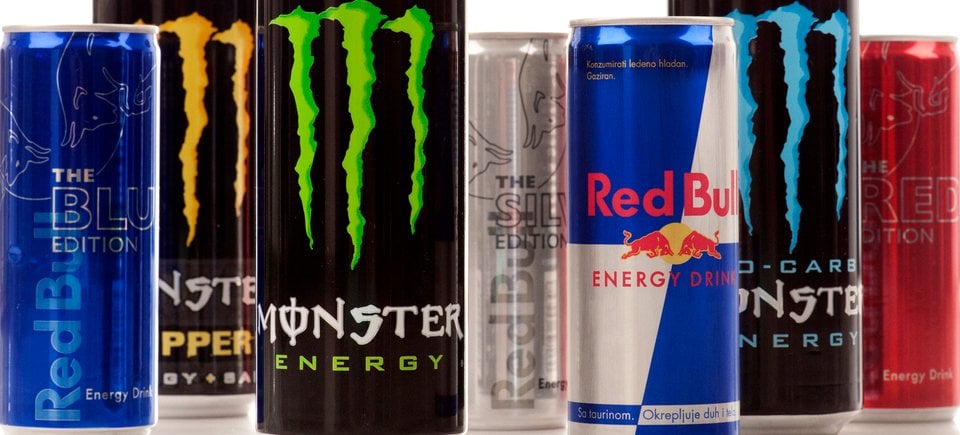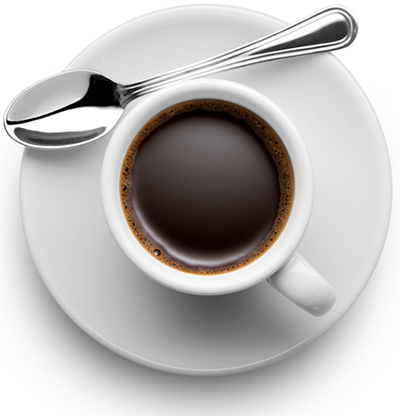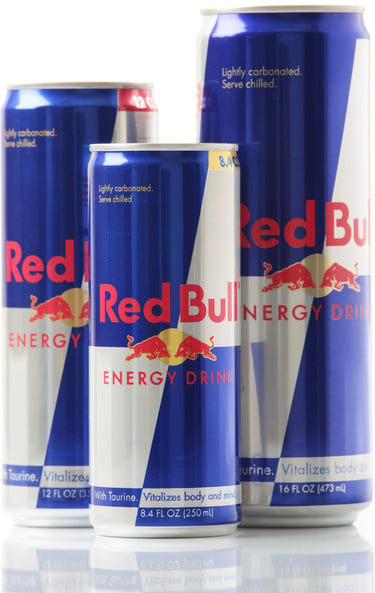Energy Drinks and Health
Recent research from Travis Air Force Base in California indicates there may be very good reason to steer clear of energy drinks. Irrespective of their caffeine, other ingredients in the energy drinks may have deleterious effects on both blood pressure and heart function.

Energy Drinks and Health
We all know that caffeine is a key stimulant in energy drinks. For health reasons, the FDA limits the amount of caffeine to fewer than 400 milligrams per drink.
Proprietary Blends
Not to be deterred by such restrictions, the energy drink industry typically adds proprietary blends of stimulants to make their products more powerful than your cup of coffee.
But more power can be dangerous, maybe even deadly, recent research1 has found.
Three Drinks Daily
The authors, primarily from Travis Air Force Base in California, decided to do the research because many military personnel consume energy drinks. About 15% down three drinks daily.
That was concerning, wrote lead author Dr. Emily Fletcher and colleagues, because studies among the general population have found that energy drink-associated emergency room visits and deaths have increased2,3, “prompting questions about their safety.”

Energy Drinks Vs Caffeine Alone
To find out more precisely how energy drinks affect the body, Dr. Fletcher and her team compared the heart-health effects of a 32-ounce energy drink with a control drink that had the same amount of caffeine.
For the study, 18 healthy adults ages 18 to 40 were randomly divided into two groups.
The first group drank the energy drink. It contained 108 grams of sugar, 320 mg of caffeine, and various other ingredients often found in drinks like Monster Energy, Red Bull, and 5-Hour Energy (yes, the ingredients that are marketed as giving us more energy than caffeine alone).
The second group drank the control beverage. It had 320 mg of caffeine, 40 mL of lime juice, and 140 mL of cherry syrup in carbonated water. (not much energy-boosting power in a little lime juice and cherry syrup).
After a six-day washout, the participants switched drinks.
Energy Drinks and Health | Blood Pressure
After consuming the energy drink, the subjects’ blood pressure remained elevated six hours longer than after swallowing the control drink.
Energy Drinks and Health | Heart Function
Even more significant was the effect of the energy drink on heart function, namely, the QT interval.
Essentially, the QT interval is the amount of time it takes for the ventricles in the heart’s lower chambers to repolarize, or prepare, to generate another heartbeat. Any drug with a 6 millisecond or greater QT response must have a label warning.
After swallowing the energy drink, the QT response of the participants was 10 milliseconds. “It can cause the heart to beat abnormally. The resulting arrhythmia can be life-threatening,” explained Dr. Fletcher in a news release from the American Heart Association.
 Sixteen ounces of Red Bull tallies up about 220 calories. That’s a big problem if you’re trying to lose weight.
Sixteen ounces of Red Bull tallies up about 220 calories. That’s a big problem if you’re trying to lose weight.
Sources
- 1 Journal of the American Heart Association, 2017; 6: e004448. DOI: 10.1161/JAHA.116.004448.
- 2 JAMA, 2011; 305: 600.
- 3 The DAWN report. Substance Abuse and Mental Services Administration. January 10, 2013.